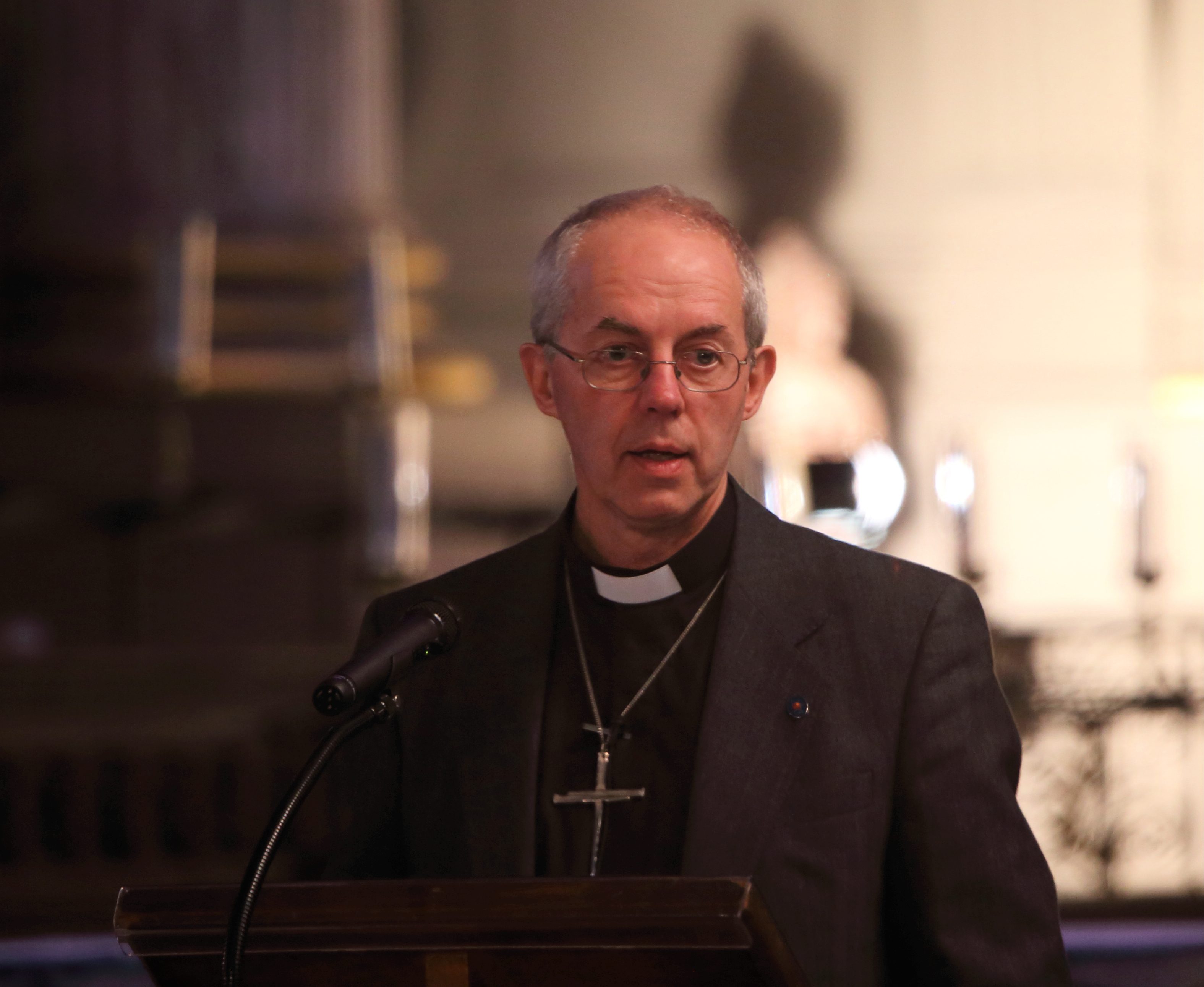
Last Wednesday the IPPR released its long-awaited ‘Commission on Economic Justice’, a 304-page document that isolates the problems afflicting Britain’s economy and how they might be overcome.
Its architects span civil society and include Frances O’Grady – the general secretary of the TUC – City legend Helena Morrissey and Justin Welby, the Archbishop of Canterbury. Their conclusion? That the country’s economic model is broken, with fundamental change inevitable if wages, living standards and productivity are to improve.
Contained within the report are calls for a national investment bank, an increased minimum wage, and a citizen’s dividend. While it is remarkable how this range of voices came to agree on such a radical prospectus, this only serves to reflect the scale of Britain’s problems. These include not only short term challenges such as falling wages and home ownership, but deeper ones too like ageing, automation and climate change. While you wouldn’t expect the City of London Corporation and the TUC to agree on much, the scope and magnitude of these issues is now so urgent it appears they do. Praise for the report came from Lionel Barber, Owen Jones, Paul Mason, Nick Timothy and Peter Oborne. Something has decisively changed.
And yet it wasn’t until this Wednesday – on the second day of the TUC’s 150th annual conference – that it became clear precisely how much. While Welby had been a prominent commissioner in the IPPR report, attracting the attention of the Daily Mail in the process, it was only in his Manchester speech that we found out just how far his misgivings go.
Lambasting tax avoidance and run-away executive pay, the Archbishop reserved his most stinging rebuke for zero hours contracts and the gig economy, scourges he referred to as “the re-incarnation of an ancient evil”.
As with the rest of his speech, those words were so plain and forthright that the cliched response – of asking whether religion and politics can ever really mix – was absurd. When the country’s most prominent religious figure describes the present moment as not only a crisis of capitalism but also a “national crisis”, the time for radio show platitudes has passed.
Attacks on Welby from the right were inevitable. Yet even more conspicuous than Tories attacking the Church of England – akin to John McDonnell deriding the trade union movement – was the lack of attention from the traditional ‘centre’ of politics, particularly Labour’s right. Polling jointly conducted by IPPR and Sky showed big majorities favouring policies that, for decades, have been presumed to be politically unpalatable. This served to confirm what was first discovered in last year’s general election: the public are now ready for a rupture with the status quo. Indeed, as we saw with Brexit a year earlier, they are demanding it.
But while the smart money might have been on Labour moderates trying to get in the Archbishop’s slipstream, what we saw instead was a fixation with Thomas the Tank Engine, the claim that Labour is “institutionally racist” (despite having a record number of BAME MPs and share of the vote) and the demand for Labour’s general secretary Jennie Formby to resign – despite only being in the job for several months.
Such odd behaviour, placed alongside the intervention not only of the Archbishop but also a new book edited by John McDonnell – whose contributors include Ann Pettifor and Guy Standing – lay bare a truth: Labour’s former establishment have no ideas, curiosity or even, it seems, any grasp of why they are in politics. Their default setting of ‘competence’ seemingly amounts to little more than them being in charge, even when they consistently lose.
Despite an abject summer for the left, this means there is much to be cheerful about. My experience, across media, policy and activism, is that those active in progressive politics – regardless of whether they view themselves as Corbyn supporters – are more interested in ideas than ever. Among them are genuine radicals whose previous misgivings were allayed by the results of last year’s election. They should be welcomed into the fold, embracing them testament to Corbyn winning the broader debate on policy and strategy.
By contrast, the continuity wreckers should be ignored. With the argument around the economy now seemingly settled the question that remains is a far deeper one. How does Labour, and particularly its leadership, maintain momentum and originality if there isn’t another general election until 2022? The idea of being on a ‘permanent campaign footing’ increasingly feels like a substitute for an actual plan.
This week confirmed three things. Firstly that there is an emerging consensus about the need to break with the neoliberal economy, particularly on work and housing; secondly that many of the Labour moderates still criticising Corbyn are the least serious people in politics; and third, if those around the leadership choose to take it, there is a national audience waiting to be persuaded of ideas which – until recently – were entirely marginal.
Amid the fog a prize is there for the taking – hegemony and national leadership. Not just for the next general election, but the next several decades. Ten years after the great crisis began, Britain is set to shift in a radical new direction. The last ten days made that crystal clear. The question now is will the left be brave enough to take it?